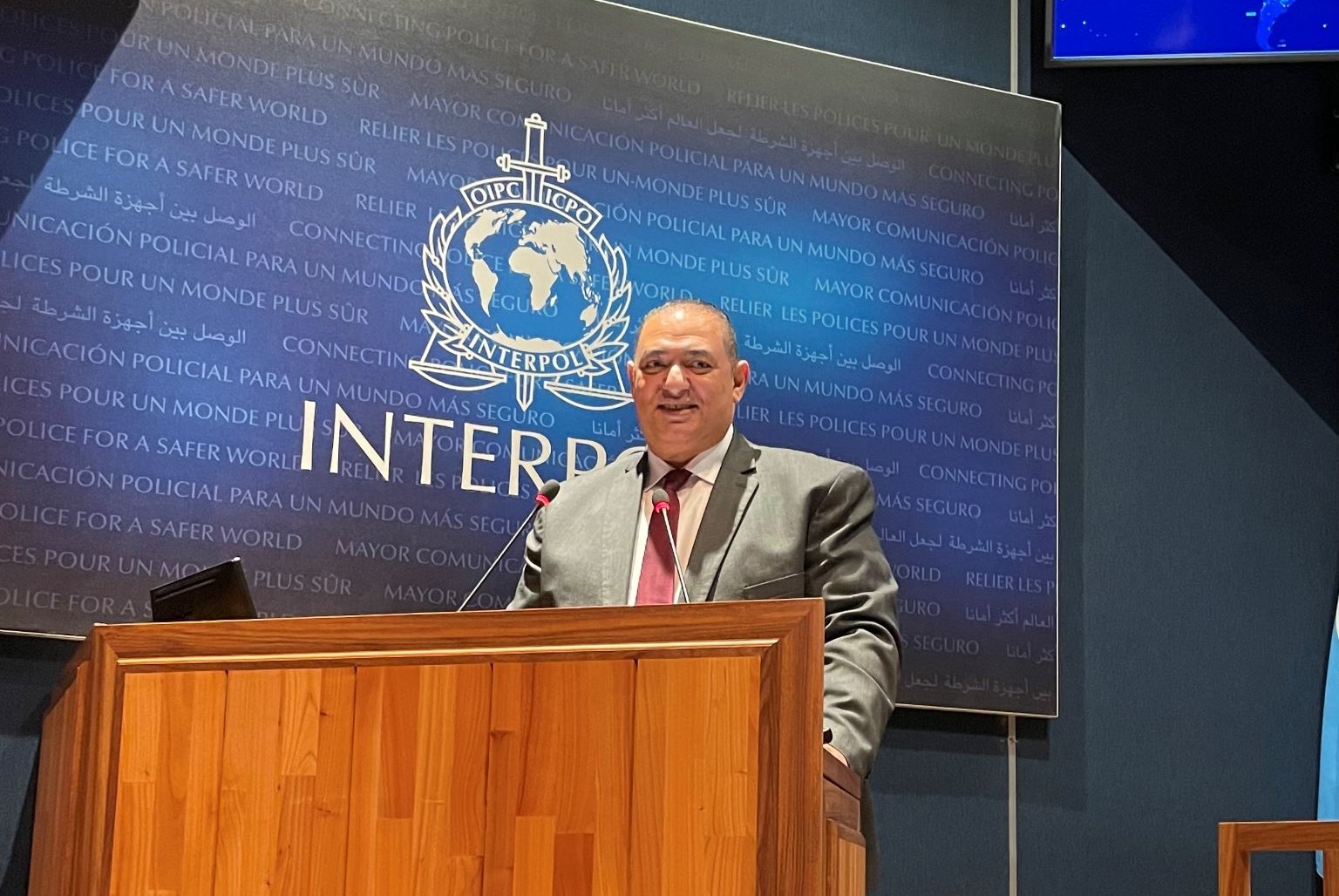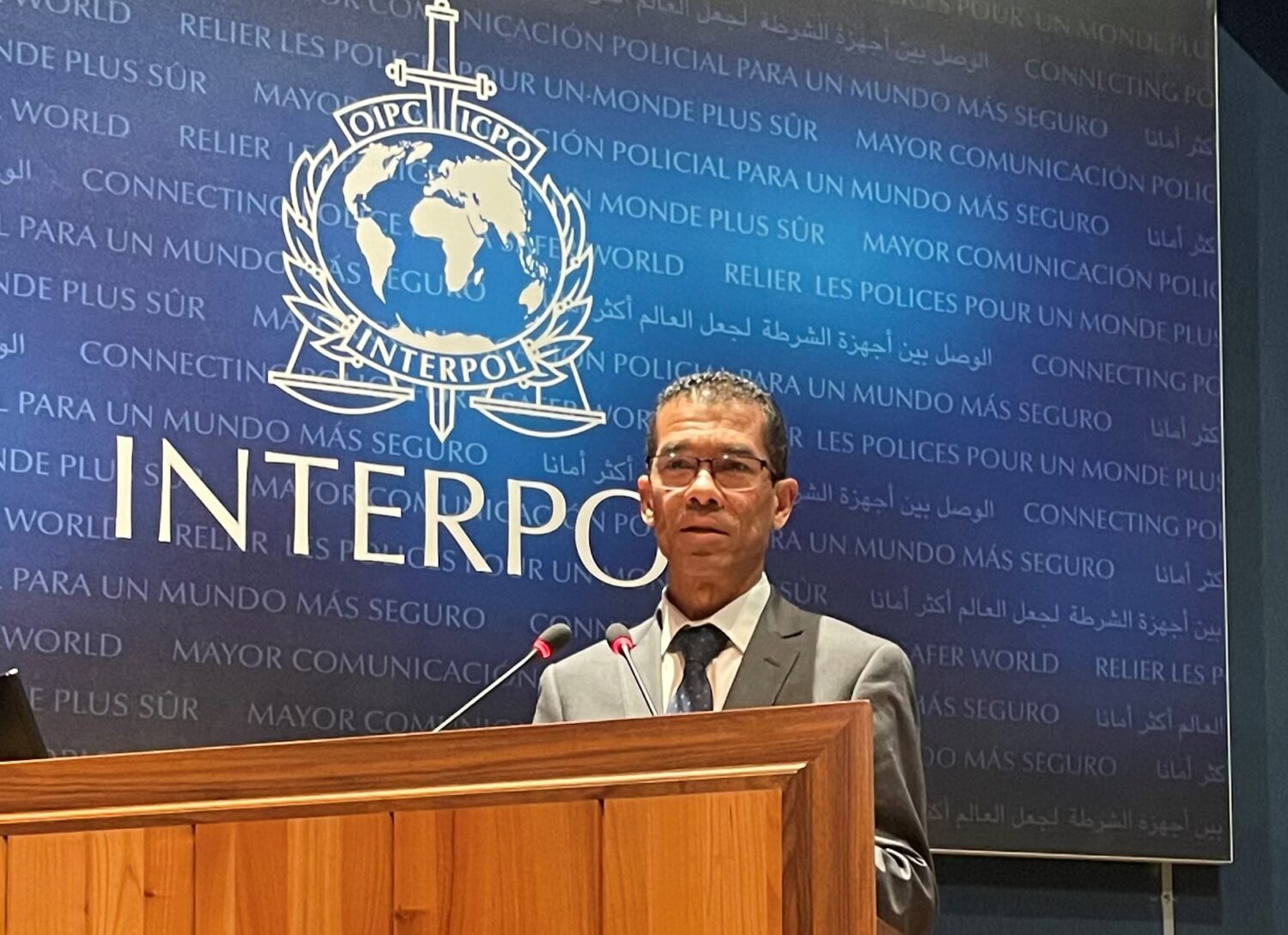At the 2nd Interpol-ICAO Passenger Data Exchange Forum that was held from 13–14 December in Lyon, France, participants underscored the need to ramp up the global implementation of ICAO’s Advance Passenger Information (API) and Passenger Name Record (PNR) Standards. ICAO’s Council endorsed new Standards and Recommended Practices on PNR that became applicable under the Chicago Convention’s Annex 9 — Facilitation on 28 February 2021. These practices provide a global framework for the collection, use, processing and protection of PNR data. ICAO’s Council had previously adopted a Standard requiring all Member States to establish an API system that became applicable as of 23 February 2018.
Despite the adoption of these obligations on all ICAO Contracting States, only 93 of the UN specialized aviation agency’s 193 Member States have so far established an API system, and just 61 have developed the capability to collect, process, use and protect PNR.

In Lyon, participating Member States gained insight into how the effective implementation of API systems, PNR capabilities and data analysis can improve border control tools and support ongoing global counter terrorism and crime prevention efforts.
“API and PNR data are both components of the ICAO Traveller Identification Programme, more commonly known as the ‘ICAO TRIP’ strategy,” declared Mr. Mohammed Rahma, Director of ICAO’s Air Transport Bureau. “The TRIP Strategy has been recognized for its important contributions to UN Security Council resolutions 2178, 2309, 2396 and 2482 which were adopted in 2014, 2016, 2017 and 2019 respectively.”
Mr. Rahma, who addressed the Forum on behalf of the Secretary General of ICAO, Mr. Juan Carlos Salazar, stated that aviation security and the facilitation of passenger movements are important and reciprocal priorities in air transport, and together constitute one of the most important Strategic Objectives of ICAO.
He stressed that global efforts to stem the flow of Foreign Terrorist Fighters (FTFs) and other serious criminals greatly benefit from effective border control measures, as outlined in TRIP guidance documentation. These measures should leverage ICAO’s machine-readable travel documents (MRTDs) specifications contained in ICAO Doc 9303 and incorporate passenger data exchange systems.
“As a key element of travel document security, Member States are obliged by Annex 9 to report stolen, lost and revoked travel documents to INTERPOL’s Stolen and Lost Travel Document (SLTD) database,” Mr. Rahma continued. “This is done in order to ensure that fraudulent, counterfeit, stolen and lost passports and other travel documents are invalidated and removed from circulation.”

His remarks were supplemented by Mr. Stephen Kavanagh, Executive Director, Police Services, at INTERPOL, who noted that “INTERPOL databases are ready to be integrated with API/PNR platforms via our FIND technology, which we are working to deliver around the world to strengthen our international law enforcement cooperation and information exchange.”
Mr. Kavanagh recognized that while the global security structure has the most advanced systems, stakeholders needed to collaborate, especially on measures to address the gaps in the respective systems they manage.
“Almost 20 years since the launch of SLTD, INTERPOL’s suite of capabilities are being fully integrated into national police and border management systems around the world — as a complement to the API/PNR platforms that we are here to discuss,” he added. “We are working hard to ensure that all 195 member countries are integrating API/PNR data into their border management infrastructure and managing the resulting hits in a systematic and standardized way.”
Over the two-day period, Member States also received information on available technical support opportunities, including on how to begin to implement or expand passenger data programmes. Presentations on these themes were delivered across seven sessions, led by the UN Office of Counter Terrorism (UN OCT) Countering Terrorist Travel Programme (CTTP), World Customs Organization, the International Air Transport Association (IATA), the International Organization for Standardization (ISO) and FRONTEX.

There were also presentations from the United Kingdom, the United States, France and Germany, offering insights into how to process API and PNR data for diverse law enforcement objectives. Cote d’Ivoire, Italy, Kyrgyzstan, Latvia, Luxembourg, Mongolia and Sierra Leone made similar contributions.
In remarks delivered to conclude the Forum, ICAO’s Deputy Director for Aviation Security and Facilitation, Mr. Sylvain Lefoyer, commended the longstanding cooperation between the UN aviation specialized agency and INTERPOL, highlighting in particular the “All-of-UN” approach adopted by the Countering Terrorism Travel Programme in leading the implementation of API and PNR in all world regions.
“ICAO certainly hasn’t underestimated the challenges that Member States face when implementing passenger data exchange programmes, and we hope that this event has helped governments to appreciate the wide ranging support available to them, whether from ICAO itself, our UN partners, other international organizations, or the many Member States that have already been through this journey,” he said.
Over 150 participants from 70 States attended the INTERPOL/ICAO Forum, together with representatives of about 10 international organizations and industry partners.

